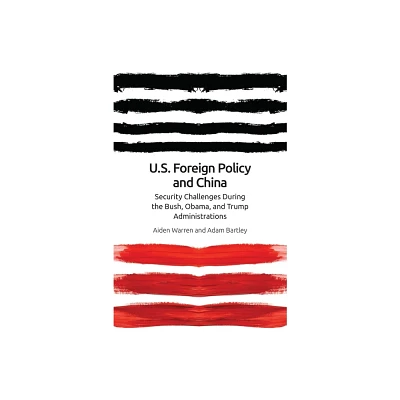Home
China and US Foreign Investment Laws Practices: A Theoretical Explanation of National Security Review
Loading Inventory...
Barnes and Noble
China and US Foreign Investment Laws Practices: A Theoretical Explanation of National Security Review
Current price: $180.00


Barnes and Noble
China and US Foreign Investment Laws Practices: A Theoretical Explanation of National Security Review
Current price: $180.00
Loading Inventory...
Size: Hardcover
*Product Information may vary - to confirm product availability, pricing, and additional information please contact Barnes and Noble
The book is a comparative study of the national security review of foreign investment laws in China and the US.
The author establishes a theoretical framework to explain the dominant role of ideas on national security and foreign investment rooted in China and the US, as well as the oriented role of China-US investment interaction. She concludes that it is difficult for China and the US to reach a consensus on national security review due to their different internal ideas on national security and foreign investment. By comparing the similarities and differences in the development of national security review in China and the US, she also proposes a feasible approach to facilitate bilateral investment practices.
The book will attract scholars of international economic law, investment law, and Sino-US relations.
The author establishes a theoretical framework to explain the dominant role of ideas on national security and foreign investment rooted in China and the US, as well as the oriented role of China-US investment interaction. She concludes that it is difficult for China and the US to reach a consensus on national security review due to their different internal ideas on national security and foreign investment. By comparing the similarities and differences in the development of national security review in China and the US, she also proposes a feasible approach to facilitate bilateral investment practices.
The book will attract scholars of international economic law, investment law, and Sino-US relations.

















